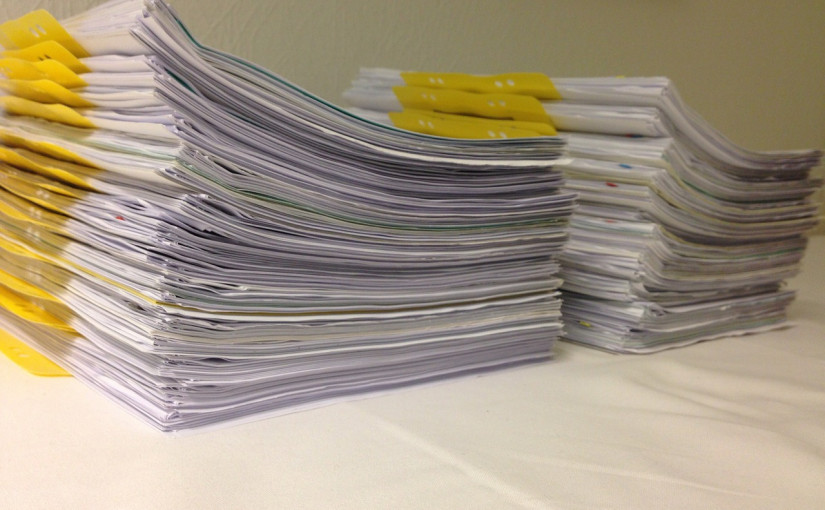BI (Bank Indonesia) has just released the latest e-money regulations written in PBI (Bank Indonesia’s Regulation) Number 20/6/PBI 2018 to revise the previous regulation. It’s supposed to ensure a safe, efficient, fluent, and reliable e-money operation.
Quoted from Detik, Head of Payment System Department Onny Wijanarko, mentioned the 15 adjusting points. Some of which are e-money’s operational principals, open loop and closed loop.
The new rules also define a minimum capital, shares composition, representation and guarantee, fit and proper test, single ownership, holding period, cash float, cross-border, transaction, limit, and so forth.
In the regulation, floating cash in the closed loop is set for 1 billion Rupiah. The operators are divided into two groups, the front end and the back end.
The front end involves issuer, acquirer, payment gateway, e-wallet, and fund transfer. In the other hand, the back end involves principal, switching, clearing, and settlement. It’s designed to avoid monopoly.
The other standard is set for LSB (Non-Bank Financial Institutions). It shouldn’t be over 3 billion Rupiah with 51% of the shares must be locals or Indonesia’s Legal Entity.
In terms of balance, BI has renewed some limits. For the unregistered (identity is not registered and no record by the issuers), BI increase the maximum limit to Rp2 million. Meanwhile, the registered (identity is registered and recorded by the issuers) has a maximum limit of Rp10 million.
PBI’s new regulations have summarized the restrictions. It includes the prohibition of minimum balance as settlement or termination, deducting or blocking the e-money unilaterally, charging termination fee, and changing or omitting e-money value within the validity period.
–
Original article is in Indonesian, translated by Kristin Siagian
